Communities are the key to analysing the causes of undernutrition
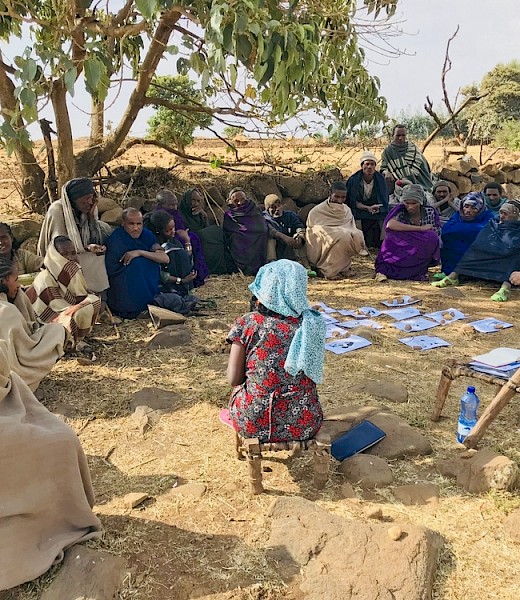
Mali is one of the countries most affected by acute malnutrition in children under five. Right2Grow aims to reduce WASH and nutrition inequalities through participatory advocacy by women and youth.
In Mali, the political and security crisis and the occurrence of the corona virus pandemic have an impact on the prevalence of acute malnutrition. Despite the efforts made, one child in four still suffers from chronic malnutrition and 10% of children under five are acutely malnourished according to the latest available surveys.
Young children are not the only ones suffering from malnutrition: according to a survey conducted in 2019, 20% of pregnant and lactating women have insufficient dietary diversity. Nutrition is only funded at less than 1% of the state budget.
According to the latest general population census (2009), the rate of access to basic drinking water service in 2020 is 66% in rural areas, 80% in semi-urban and urban areas and 70% at national level. Prioritising access to water in urban areas to the detriment of rural areas where the growing needs of the population and agro-pastoral activities cause social unrest/conflict and a drop in food production.
Community involvement in decision-making remains weak and is reflected in the failure to integrate nutrition and WASH into most commune economic, social and cultural development plans.
people live in Mali
of all children under five are stunted
of the rural population do not have access to improved sanitation
of all people are living under the poverty line
The intervention of the Right2Grow programme in Mali is dedicated to the emergence of citizens who use their rights and dialogue with actors to achieve changes in social behavior and policies. These citizens do this through multiple coordinated actions with a close link between the communal and national levels. Women and men, young people and people living with disabilities will be organized in analysis and pressure groups.
The programme will be implemented in the regions of Kayes, Koulikoro, Sikasso and the District of Bamako and places a continuous and integrated emphasis on gender, including the empowerment of women in communal activities and decision-making. These also include analyses of municipal and national budgets. Campaigns will raise awareness about the role of the private sector, climate change and COVID-19 in order to have responsible and engaged citizens. This whole process will be supervised by national NGOs/CSOs, whose role is also to provide these pressure groups with national programmatic information related to the regions of intervention.
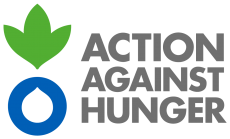
Is leading the consortium and will provide support to NGOs and CSOs working in the Kayes region and the District of Bamako.
Learn more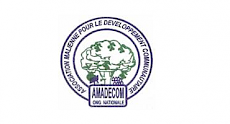
Will work in the communes of the Sikasso region.
Learn more
Will cover the communes of the Kayes Region.
Learn more
Will support NGOs in the regions in monitoring and advocating for WASH at local and national levels while ensuring that country commitments to the SWA initiative are met.
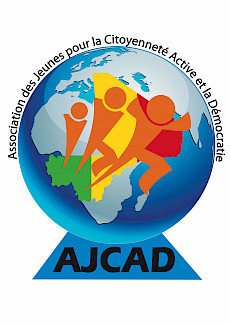
Will work in Bamako to raise the virtual awareness of stakeholders, particularly through social networks, and will ensure that young people are taken into account in advocacy work.
Learn more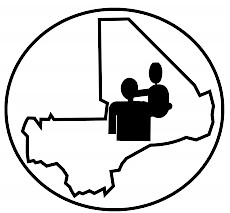
Will implement the programme in the region of Koulikoro and will follow the SUN commitments in Bamako.
Learn more
Will support local NGOs in budget analysis, monitoring and advocacy in Bamako and citizen watch committees in the communes of Kayes, Koulikoro and Sikasso regions.
Learn more
Will support NGOs working in the Koulikoro and Sikasso regions while supporting national advocacy with these NGOs.
Learn more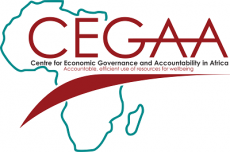
Works to build, in particular by empowering civil society, supporting parliamentarians, through training or capacity building on the budget process and monitoring.
Learn more
